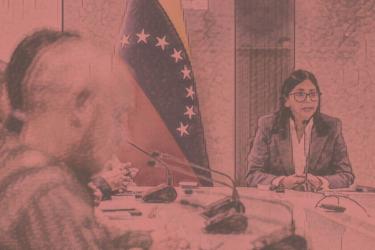Venezuela
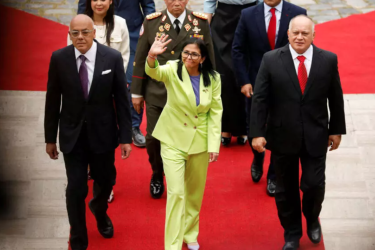
US imperialism, Madurismo without Maduro and Venezuelan sovereignty after January 3
Malfred Gerig looks at why the January 3 US military assault occurred, what the new Delcy Rodríguez government represents and what it all means for Venezuelan sovereignty.
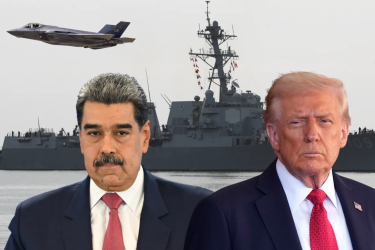
Why is the US attacking Venezuela?
Chris Slee — Several reasons explain US hostility to the Maduro government.
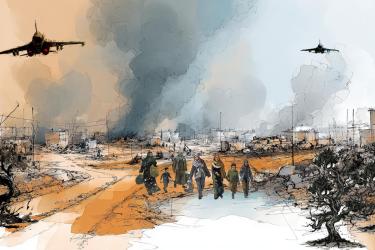
Resisting the monstrous trifecta of war, genocide and ecocide
Markela Panegyres — The only force capable of making meaningful cracks in the imperialist and capitalist armour is a mass movement of international ecosocialism.
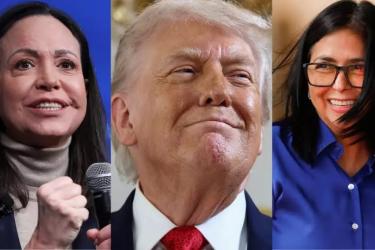
Venezuela: Epitaph for a revolution?
Luís Bonilla-Molina — The question everyone has asked is: could the January 3 imperialist attack on Venezuela spark a revolutionary response? Subsequent events have shattered that illusion.
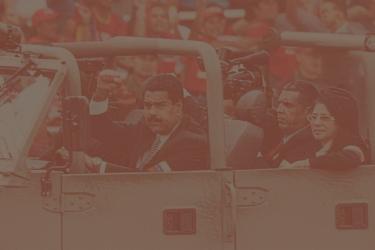
The end of pretenses: Trump’s assault on Venezuela
Anderson Bean — Trump’s attack on Venezuela should be understood as a stab at “hegemonic crisis management.”
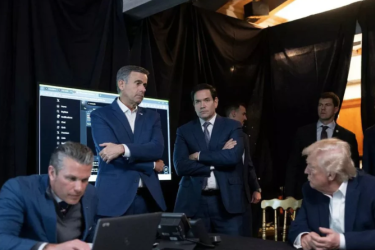
Venezuela’s oil in the grip of US empire
Adam Hanieh on the US kidnapping of Maduro and its consequences for the geopolitical landscape.
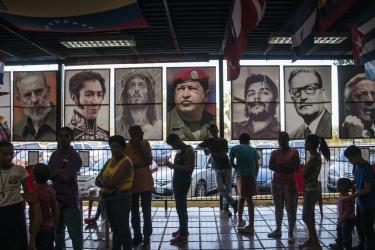
The global meaning of the US attack on Venezuela
William I Robinson — Beyond the seizure of Venezuela’s oil and mineral resources, the January 3 invasion is inscribed within the epochal crisis of global capitalism.
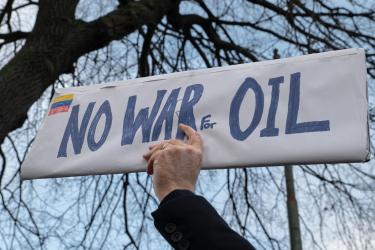
Venezuela: It’s much more than oil
Don Fitz — Greenland is closer to Venezuela than they appear on a map.
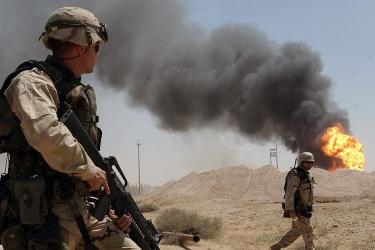
Regime change in Venezuela: Echoes of Iraq 2003
Bülent Gökay & Lily Hamourtziadou — The ongoing actions against Venezuela are even more reckless than Bush’s campaign in Iraq, appearing as a disaster waiting to happen.
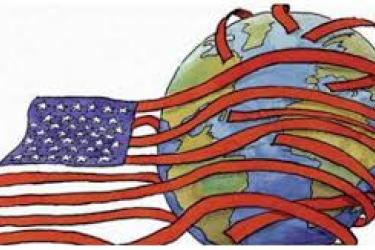
Venezuela: Trump’s recolonisation project and the shape of resistance to come
Luís Bonilla-Molina — Nationalist sentiment is sweeping the country, but it lacks a clear political leadership.
